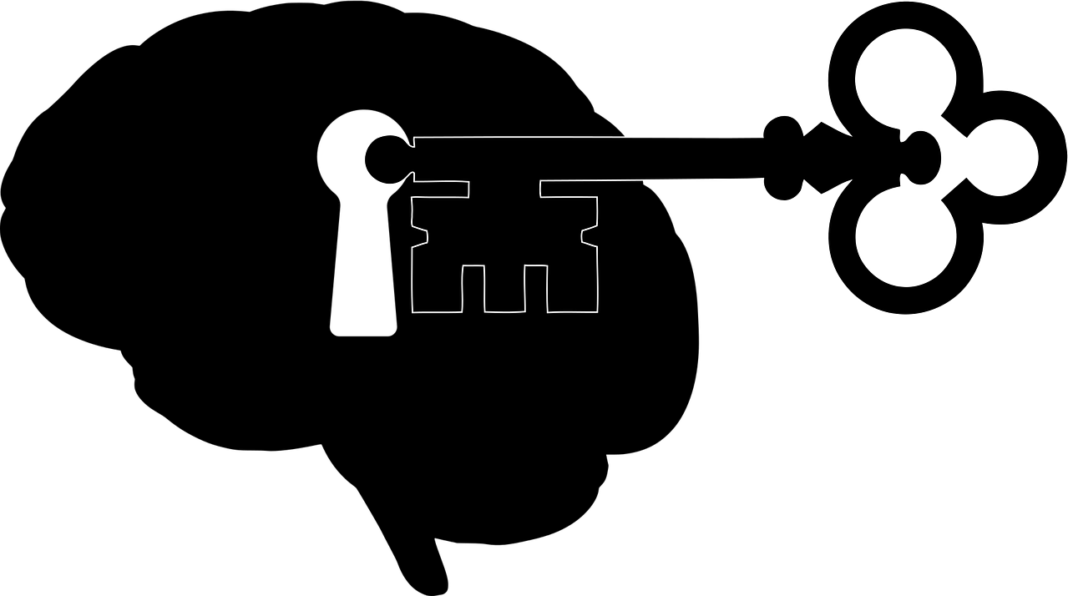If you want to pursue psychology as a career path, there are many options to choose from, among them organization psychology.
Probably this is not a discipline you know much about. But it has become increasingly marketable in recent years, and you may want to learn about it to see if it is the perfect fit for you.
This guide explores a typical day in the life of an organizational psychologist and can give you a rough idea of what the career path entails, so read on to learn more.
What Is Organizational Psychology?
Before delving into a typical day in the life of an organizational psychologist, it is best first to understand what the discipline is all about. Organizational psychology is a multidisciplinary field that focuses on the study of group and individual behavior regarding performance and, ultimately, productivity.
Some of the disciplines that are part of organizational psychology are psychology which offers a foundation for understanding individual and group behavior, and sociology, which gives a background on the social context of organizations, such as group dynamics, social structure, and culture.
It also touches on anthropology which offers a background of biological origins and cultural expressions and how they impact an organization, and finally, economics which provides a basic framework for the economic aspect of organizations.
What Does an Organizational Psychologist Do?
Different organizations have different structures and programs. So there can never be a similar day for all organizational psychologists. The best approach would be to look at the roles of an organizational psychologist irrespective of which organization they are in.
Assisting In Employee Selection
You probably think employee selection is the role of the human resource department, and it is. But with employee turnover being an increasing problem for employers, it becomes necessary to hire based on prospective employee skills and their psychology, and that is where an organizational psychologist comes in in the election process.
Organizational psychologists use tests, interviews, and simulations to determine which candidates will be the best fit for a position, thereby reducing the chances of hiring candidates that do not fit in, ultimately reducing turnover and increasing productivity.
Organizational Culture and Climate
Organizational culture is of great significance in employee retention and productivity. As an organizational psychologist, you will be responsible for accessing the organizational culture and understanding its impact on overall organizational performance.
After identifying shortcomings, you must create strategies to fix them. Modifying a company’s culture is not a one-off event; you must do it continually. Also, what worked in the past may not work today, and you have to stay updated and keep modifying accordingly.
Research
Research is a big part of an organizational psychologist’s job description. In most cases, an organization will hire a psychologist after experiencing problems with employee motivation, turnover, and overall productivity.
As an organizational psychologist, you will need to research to understand better where the problem is and come out with solutions. You will also need to keep up with new studies from experts in the field to ensure you are implementing solutions that have been proven and tested.
Organizational Psychologist Job Prospects
One of the major concerns when choosing a career path is its job prospects. According to industry statistics, the job market for organizational psychologists is expected to grow by 3.8% between 2021 to 2031.
Besides expected market share growth, organizational psychologists earn a relatively good salary, with the median salary being $80,000 and the highest earning over $250,000 annually.
The best way to find psychology jobs is by browsing through psychological job listings on platforms connecting employers and job seekers. Alternatively, you could set up your practice and offer consultancy services, but this path works best for a person with years of experience on the job.
Final Words
If you were unsure what being an organizational psychologist entails at the beginning of this guide, now you know. And if it feels like something you want to do, it is time to shop for a college that offers a degree in the discipline.



